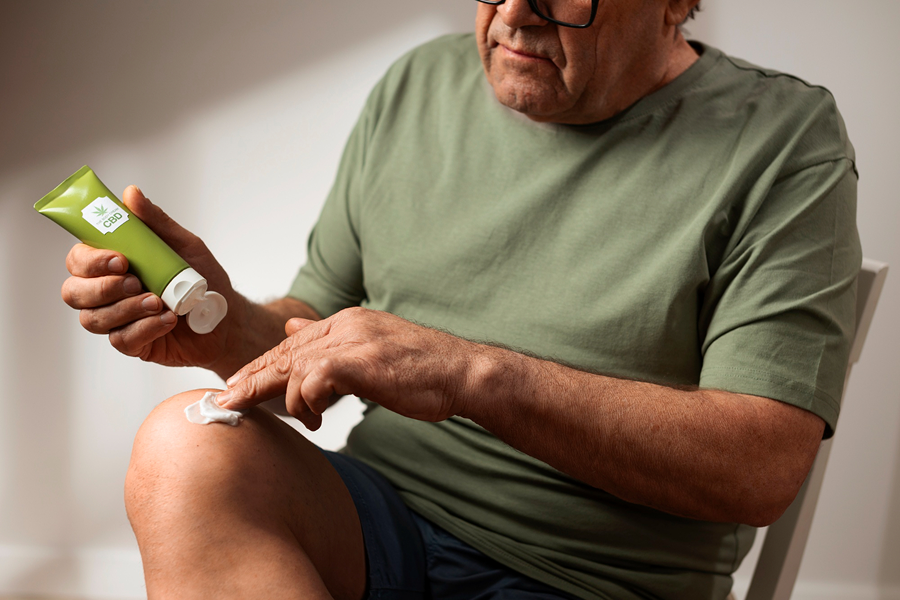Summer can be a challenging time for the elderly when it comes to skin health. The combination of heat, humidity, and sun exposure can all contribute to a variety of skin changes that can be uncomfortable and even dangerous. In this blog, we’ll explore some of the skin changes that elderly individuals may experience in the summer months and how to prevent and manage them.
Dry Skin
One of the most common skin changes in the summer for the elderly is dry skin. The combination of heat and humidity can lead to increased moisture loss from the skin, causing it to become dry, itchy, and flaky. Additionally, certain medications, such as diuretics, can also contribute to dry skin.
To prevent and manage dry skin, elderly individuals should use a moisturizer regularly, preferably one that is fragrance-free and contains ceramides or hyaluronic acid. It’s also important to drink plenty of water to stay hydrated, which can help improve skin moisture levels.
Sunburn
Sunburn is another common skin problem in the summer, and it can be particularly dangerous for the elderly. As we age, our skin becomes thinner and more prone to damage from the sun. Additionally, certain medications, such as antibiotics and blood pressure medications, can increase the risk of sunburn.
To prevent sunburn, elderly individuals should wear protective clothing and use sunscreen with an SPF of at least 30. It’s also important to avoid spending time in the sun during the hottest part of the day, typically from 10 am to 4 pm.
Heat Rash
Heat rash is a common skin condition in the summer that can be particularly uncomfortable for the elderly. This condition occurs when sweat ducts become clogged, causing a rash to develop. The rash can be itchy and uncomfortable, and in severe cases, it can cause blistering and infection.
To prevent and manage heat rash, elderly individuals should wear lightweight, loose-fitting clothing, and stay in cool, air-conditioned environments when possible. It’s also important to shower or bathe regularly to remove sweat and bacteria from the skin.
In conclusion, summer can be a challenging time for the skin health of elderly individuals. By taking proactive steps to prevent and manage common skin changes, such as dry skin, sunburn, and heat rash, we can help ensure that elderly individuals stay healthy and comfortable throughout the summer months.


